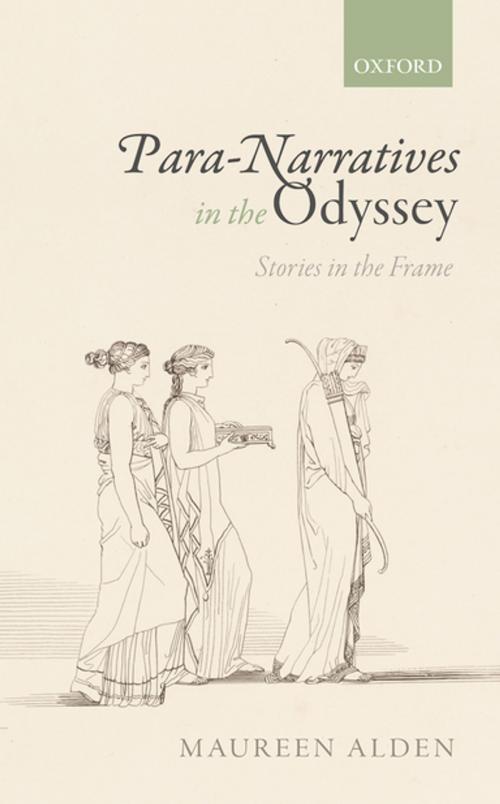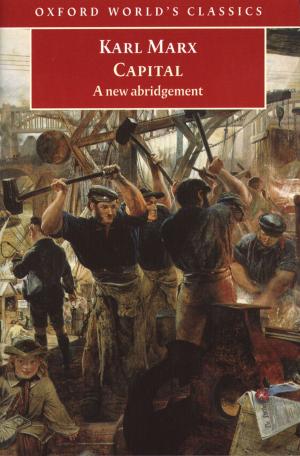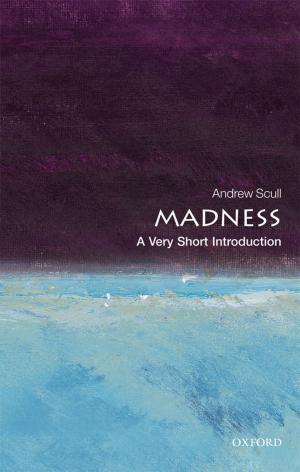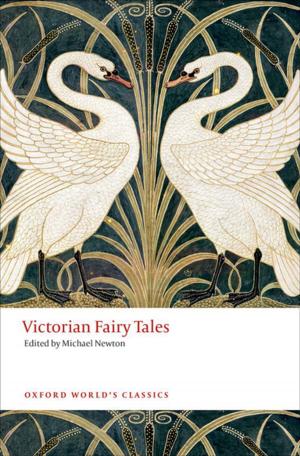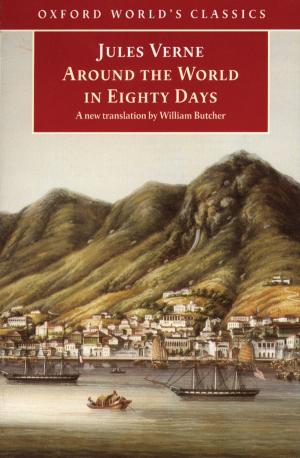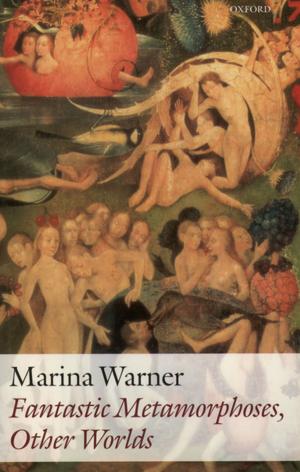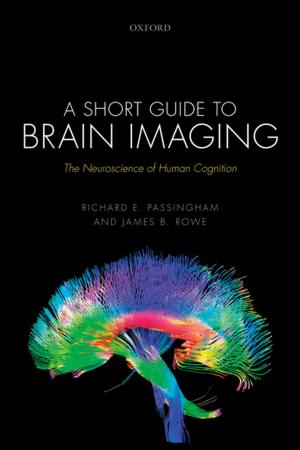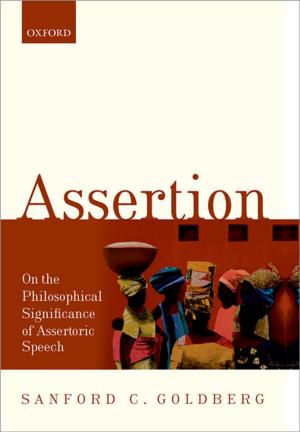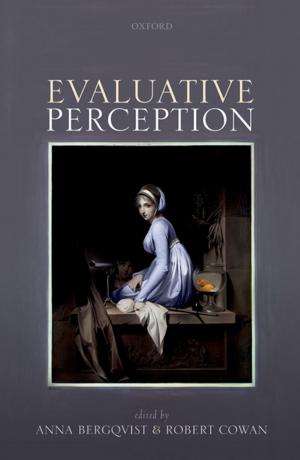Para-Narratives in the Odyssey
Stories in the Frame
Nonfiction, History, Ancient History, Fiction & Literature, Literary Theory & Criticism| Author: | Maureen Alden | ISBN: | 9780192524287 |
| Publisher: | OUP Oxford | Publication: | September 15, 2017 |
| Imprint: | OUP Oxford | Language: | English |
| Author: | Maureen Alden |
| ISBN: | 9780192524287 |
| Publisher: | OUP Oxford |
| Publication: | September 15, 2017 |
| Imprint: | OUP Oxford |
| Language: | English |
Readers coming to the Odyssey for the first time are often dazzled and bewildered by the wealth of material it contains which is seemingly unrelated to the central story: the main plot of Odysseus' return to Ithaca is complicated by myriad secondary narratives related by the poet and his characters, including Odysseus' own fantastic tales of Lotus Eaters, Sirens, and cannibal giants. Although these 'para-narratives' are a source of pleasure and entertainment in their own right, each also has a special relevance to its immediate context, elucidating Odysseus' predicament and also subtly influencing and guiding the audience's reception of the main story. By exploring variations on the basic story-shape, drawing on familiar tales, anecdotes, and mythology, or inserting analogous situations, they create illuminating parallels to the main narrative and prompt specific responses in readers or listeners. This is the case even when details are suppressed or altered, as the audience may still experience the reverberations of the better-known version of the tradition, and it also applies to the characters themselves, who are often provided with a model of action for imitation or avoidance in their immediate contexts.
Readers coming to the Odyssey for the first time are often dazzled and bewildered by the wealth of material it contains which is seemingly unrelated to the central story: the main plot of Odysseus' return to Ithaca is complicated by myriad secondary narratives related by the poet and his characters, including Odysseus' own fantastic tales of Lotus Eaters, Sirens, and cannibal giants. Although these 'para-narratives' are a source of pleasure and entertainment in their own right, each also has a special relevance to its immediate context, elucidating Odysseus' predicament and also subtly influencing and guiding the audience's reception of the main story. By exploring variations on the basic story-shape, drawing on familiar tales, anecdotes, and mythology, or inserting analogous situations, they create illuminating parallels to the main narrative and prompt specific responses in readers or listeners. This is the case even when details are suppressed or altered, as the audience may still experience the reverberations of the better-known version of the tradition, and it also applies to the characters themselves, who are often provided with a model of action for imitation or avoidance in their immediate contexts.
